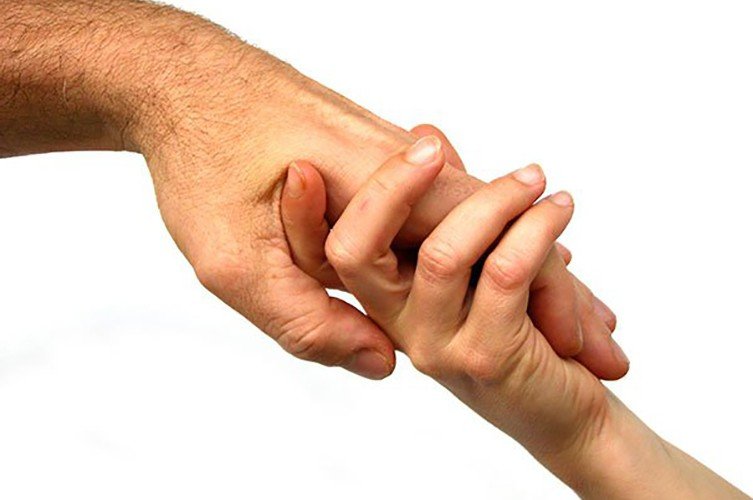
It is likely that on more than one occasion we have been close to a close person when he or she was in an unpleasant emotional state. In addition, in this situation we wanted to give emotional support and act as their support; however, we have not known how to do it, feeling very clumsy. By giving emotional support in an effective way what we do is to generate and protect a space of listening , security and comfort in which the other can express himself freely, without feeling judged . In consultation, what we do, after the evaluation and assessment of the case, is to provide a series of tools that the person can use to get out of that situation.
However, if we are not professionals, what can we do? Well, here goes a kind of first aid kit that we can apply in these situations:

Find an appropriate place

Active listening, without judging

On the other hand, listening is not giving solutions . You may be very clear about what you would do in your place. Think that your place is only yours, configured by a huge amount of particularities. Also, try to include in the memory that you are making of his story the least possible elements that are of his harvest. You may think that he did not do something out of shame, unless he tells you that feeling is not necessarily part of what has happened to the other.

Practice empathy
We have pointed out before that empathy does not cease to be a kind of utopia : it is not possible to put ourselves in the place of the other. With this we do not mean that we discard the idea of trying to understand what happens from their point of view (it will always be better than doing it from ours). In this sense, when we do it, let's not forget to put a point of prudence because this exercise, by definition, is imperfect.
In the event that the person begins to cry , let him express the emotion. Crying is one of the best ways to show emotions and heal the soul. It is one of the best ways to say: "I am human and I need your company". Do not try to interrupt their crying since that could make them feel not understood or ashamed.

Shows affection
The love is rarely over. It can be a feedback for the other, that sign that we have heard, the message that after his trip / story is accompanied. This affection can materialize through a hug , but also with a gesture or simply with words.

Search for information or professionals
Professional help, facilitated by qualified professionals, will always help . There will be situations that require it and others that do not, but in any case it will always add up.
Fortunately much of society has begun to question the idea that the psychologist only people who are going crazy. On the contrary, there are people who love and want to take care of their mental health .